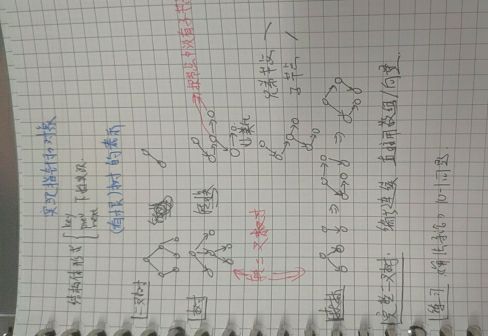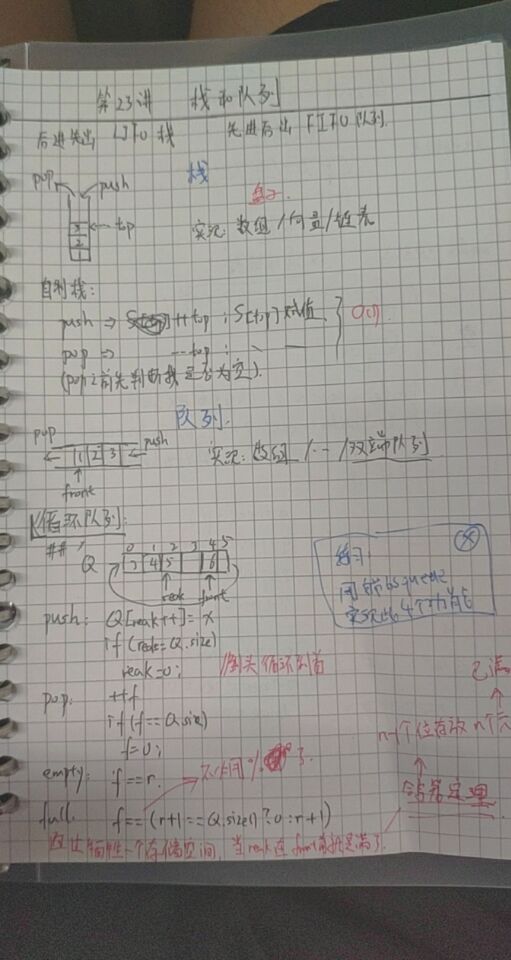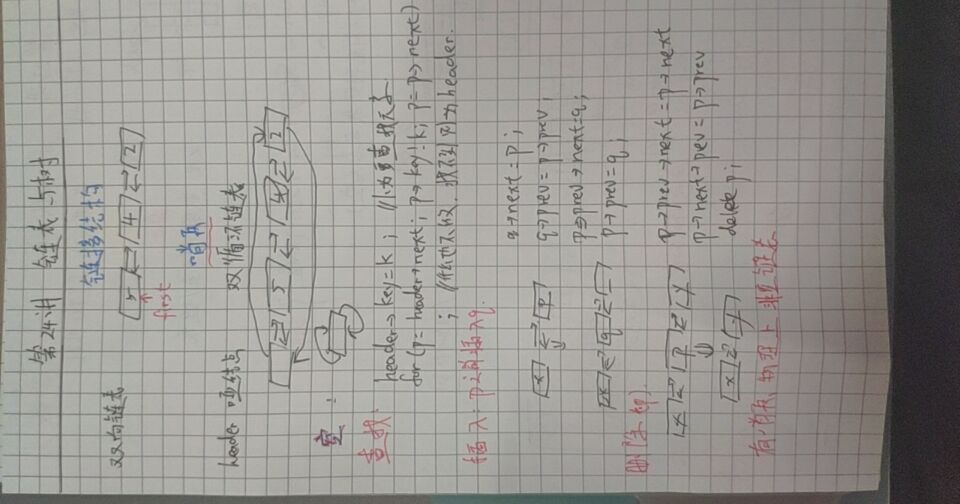栈和队列过于简单,此处不再赘述
自制循环队列
何为循环队列
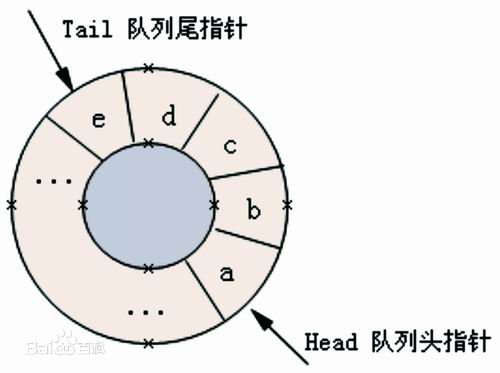
思路
- 循环队列重在循环,那么其中关键点在于如何控制循环的头和尾
- 通过牺牲一个元素:
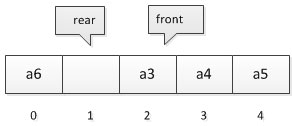
- 这样的话,我们可以得出队列为空和队列满的情况,当
rear == front时为空,当rear + 1 = front即为满
具体实现见代码
1
2
3
4
5
6
7
8
9
10
11
12
13
14
15
16
17
18
19
20
21
22
23
24
25
26
27
28
29
30
31
32
33
34
35
36
37
38
39
40
41
42
43
44
45
46
47
48
49
50
51
52
53
54
55
56
57
58
59
60
61
62
63
64
65
66
67
68
69
70
71
72
73
74
75
76
77
public class Test {
public static void main(String[] args) {
MyQueue myQueue = new MyQueue(5);
myQueue.isEmpty(); //为空
myQueue.add(5);
myQueue.add(7);
myQueue.add(5);
myQueue.add(4);
myQueue.add(3);
myQueue.isFull(); //已满
myQueue.each(); //[4, 3, 0, 5, 7, 5]
}
}
class MyQueue{
int [] queue;
int head;
int foot;
public MyQueue(int lenght) {
queue = new int[lenght+1]; //通过牺牲一个空间来换取循环的可能,所以若new 一个 n 个长度的队列,那么我们应该使用 n+1 长度,因为有一个是被牺牲的
head = 3;
foot = 3;
}
//添加元素
public void add(int num){
//先判断是否满
if (isFull()){
System.out.println("满了,不能在加了");
return;
}
//超过队列长度,返回队头
if( foot == queue.length)
foot = 0;
queue[foot++] = num;
}
//弹出元素
public void pop(){
if (isEmpty())
return;
foot--;
if (foot == 0)
foot = queue.length-1;
}
//判断是否已满
//当head 不是0时,判断head是否在foot前面即可
//当head为0时,需要考虑到 foot 在序列尾的情况,应加一在比较
public boolean isFull(){
//if ((foot + 1) % queue.length == head) 另外一种判断方法 鸽笼定理
if( head == (foot+1 == queue.length ? 0 : foot+1 ) ){
System.out.println("已满");
return true;
}else{
System.out.println("还未满");
return false;
}
}
//是否为空
public boolean isEmpty(){
if (head == foot){
System.out.println("为空");
return true;
}
return false;
}
//输出所有元素
public void each(){
System.out.println(Arrays.toString(queue));
}
}
注意:
- 因为我们是牺牲掉一个元素,所以若new 一个 n 个长度的队列,那么我们应该使用 n+1 长度
- 注意判断当
foot == arr.length时,重置foot head == (foot+1 == queue.length ? 0 : foot+1 )判断是否满 (鸽笼定理)- 通过余数也可求出
if ((foot + 1) % queue.length == head)
- 通过余数也可求出
循环链表
和循环队列类似,需要有一个哨兵元素来连接首位,详细可看图片笔记
参考文章:循环队列
笔记
